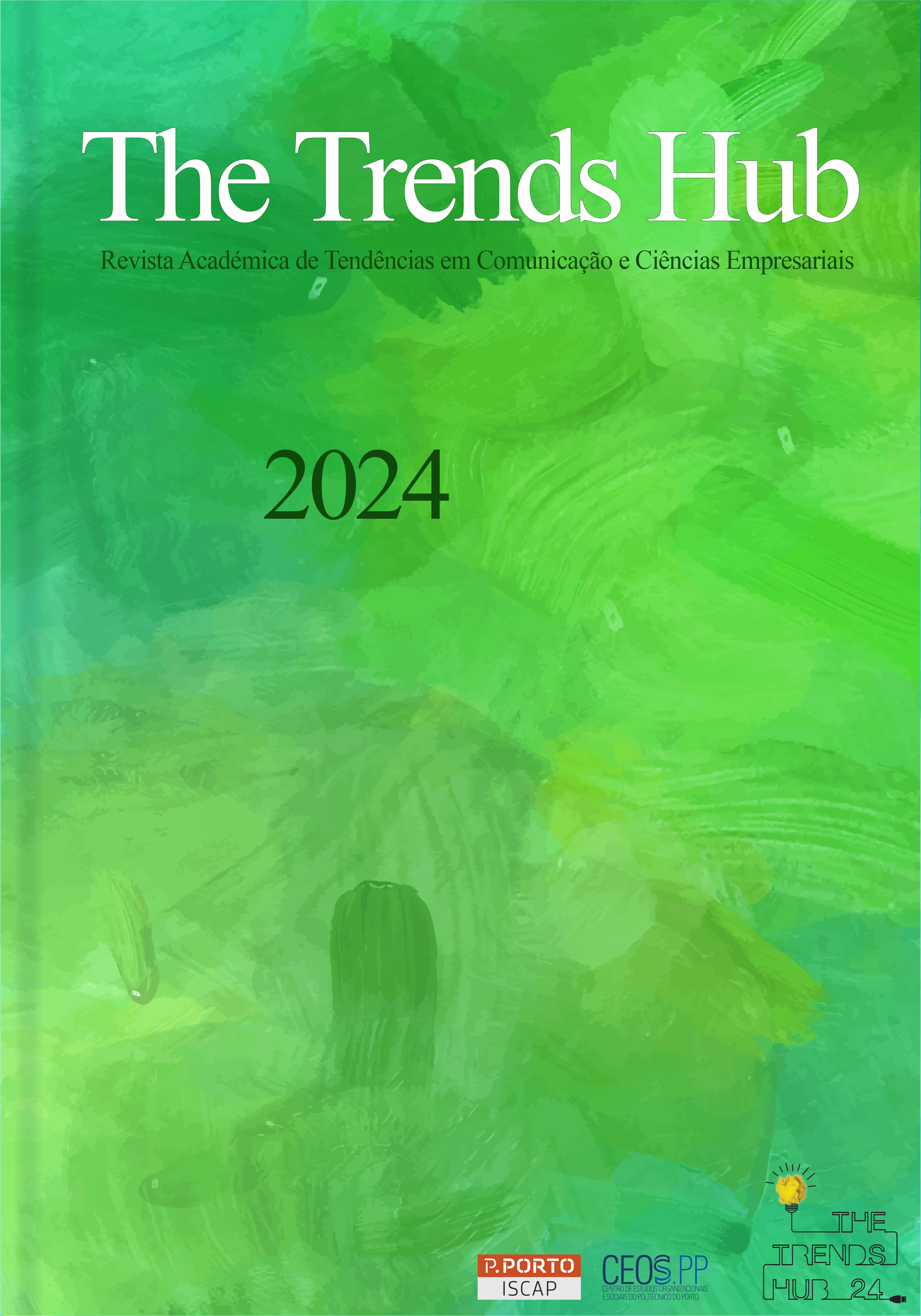Populism and its influence on electoral campaigns
DOI:
https://doi.org/10.34630/tth.vi4.5695Keywords:
Populism, Democracy, Communication, Public opinion, Future, ElitesAbstract
The phenomenon of populism, often ill-defined and linked to unfavorable connotations, presents a challenge to liberal democracy by favoring economic, political, or ethnic elites. This reality raises critical questions about democratic dynamics and the relationship between leaders and voters and can undermine public understanding and trust in democratic institutions. To deal with populism, it is crucial to invest in civic education, implement institutional reforms and promote a solid commitment to political debate. The future of both populism and democracy is intrinsically linked to society's choices and actions. Communication plays a key role in populism, as leaders attract supporters through direct methods.
References
Hall, N. G. e. P. A. (2018). Populism as a problem of social inegration. Retrieved 04/04/2024 from https://scholar.harvard.edu/files/hall/files/gidronhallmay2018.pdf
Laclau, E. (2005). On populist reason. Verso.
Mudde, C. (2014). The Populist Zeitgeist. Government and Opposition, 39(4), 541-563. https://doi.org/10.1111/j.1477-7053.2004.00135.x
Resnick, D. (2017). 101Populism in Africa. In C. R. Kaltwasser, P. Taggart, P. O. Espejo, & P. Ostiguy (Eds.), The Oxford Handbook of Populism (pp. 0). Oxford University Press. https://doi.org/10.1093/oxfordhb/9780198803560.013.4
Tagieff, P.-A. (2012). LE NOUVEAU NATIONAL - POPULISME.
Downloads
Published
How to Cite
Issue
Section
License
Copyright (c) 2024 The Trends Hub

This work is licensed under a Creative Commons Attribution-NonCommercial-NoDerivatives 4.0 International License.


